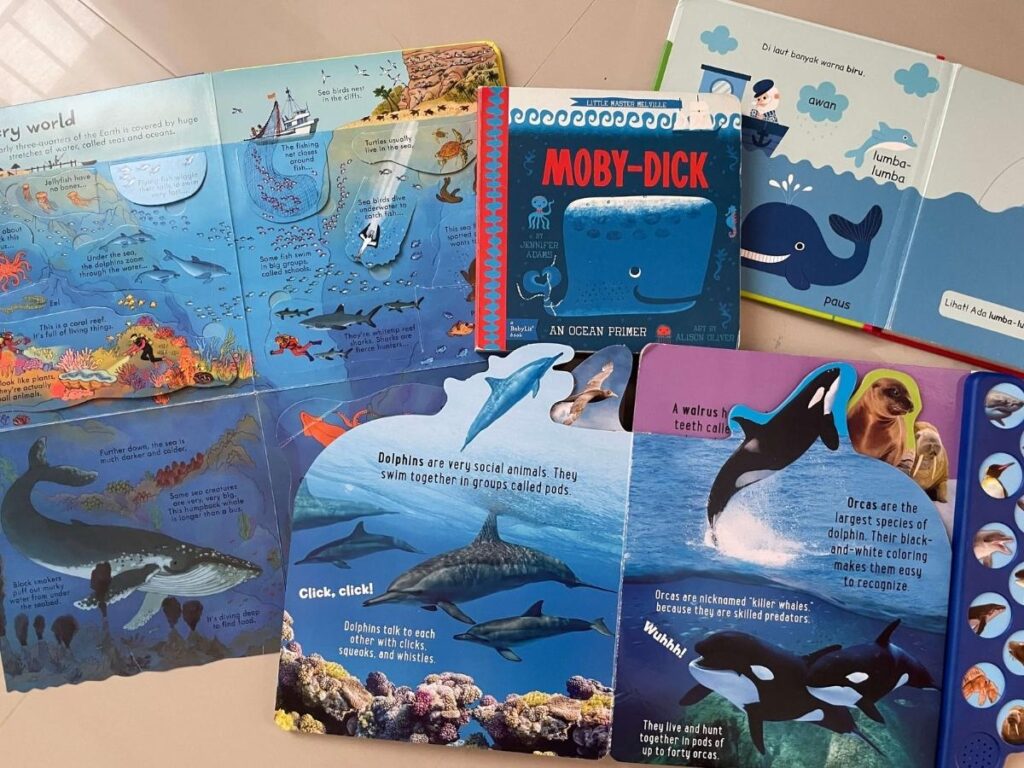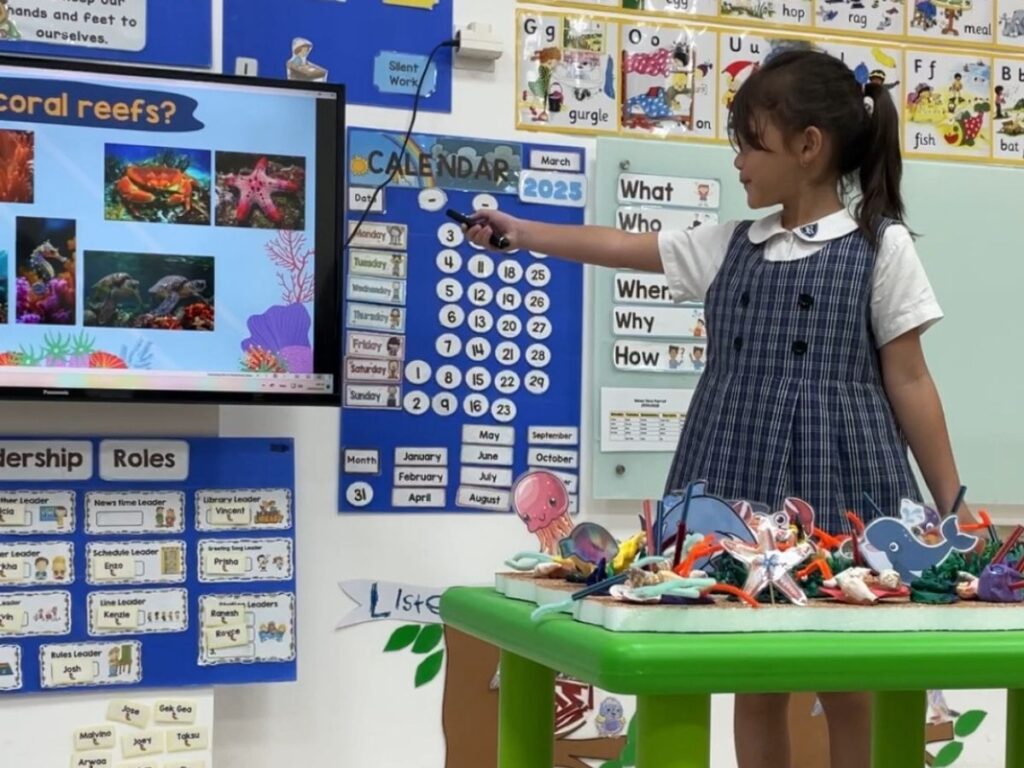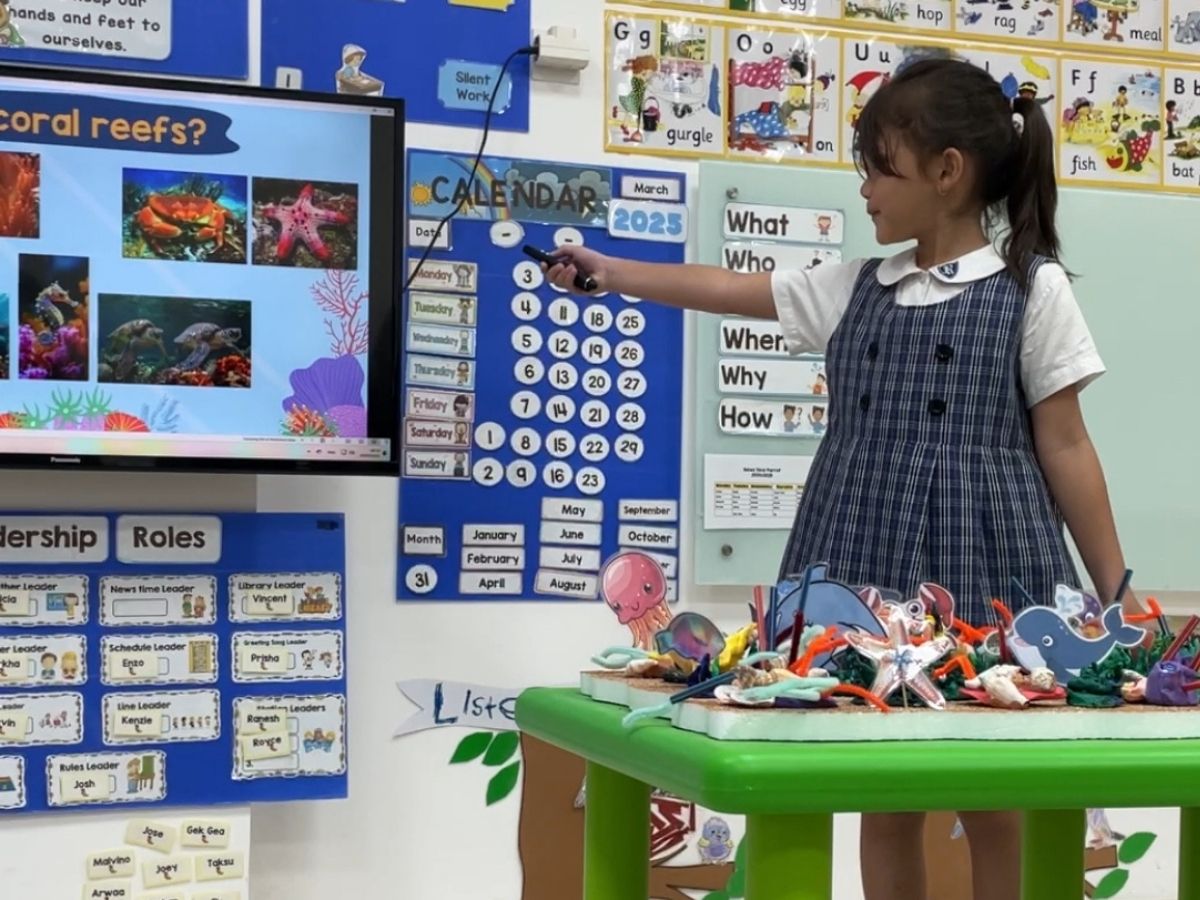
Helping your child develop a strong reading habit is one of the most incredible gifts you can give. In this post, you’ll discover 5 powerful benefits of childhood reading that go far beyond academics
From better focus to deeper relationships, the simple habit of daily reading can build a foundation for lifelong learning that will prepare your child for the future.
With a background in education and a front-row seat to the daily challenges of parenting, I have witnessed how daily reading can improve a child’s development. Now, I want to share why it matters.
What you’ll learn from this page:
- How reading just one book a day can introduce your child to nearly 300,000 new words.
- The benefits of reading for pleasure.
- How books can help you build a strong bond with your child.
So why does childhood reading matter so much? Let’s explore 5 powerful ways how regular reading can help your child’s mind, character, and future.
1. Reading Fuels Academic Growth
Children who read regularly are more likely to perform better at school, across all subjects.
A 2023 study into over 10,000 youths found that young adolescents who read regularly experienced:
- Better scores in memory and performance tests.
- Improved behaviour and emotional health.
- Less screen time.
- Fewer symptoms of depression
And it wasn’t textbooks that caused these benefits, it was any kind of reading they enjoyed.
Reading for pleasure builds comprehension, boosts background knowledge, and helps children learn how to learn.
(For a helpful summary, check out this Cambridge article on how childhood reading for pleasure supports mental well being.)
These academic advantages are only the beginning. One of the most immediate benefits you’ll notice is their vocabulary.
2. Reading Builds a Better Vocabulary
Reading exposes children to more words. And the more words they hear, the more words they learn.
Books introduce rich, descriptive language that is not often heard in everyday conversation. This not only builds vocabulary, but grammar and sentence structure.

This is supported by a study conducted by the Ohio State University into the benefits of childhood reading.
By looking at the average number of words in popular children’s books (about 140 words for babies and 228 words for preschoolers), researchers calculated how many words a child is exposed to by the time they are 5 years old.
They found that children’s word exposure varies dramatically based on how often they are read to:
- Once a month: 4,600 additional words by age 5.
- 1-2 times a week: 63,000 additional words.
- 3-5 times a week: 169,000 additional words.
- Every day: 296,000 additional words.
That’s a huge difference that adds up fast! Just one book a day can increase the number of words your child is exposed to by nearly 300,000. And a lot of those words are going to stick!
With all of these new words flying in, the right reading strategies can help your child remember them. Pre-reading activities are a great way to introduce tricky vocabulary early.
While a better vocabulary helps children express themselves, another benefit of reading is how it shapes their ability to concentrate.
3. Benefits of Childhood Reading Include Improved Focus and Attention
Screens move fast, books don’t. And in today’s world of distraction, that’s a good thing.
Books ask for sustained attention and patience. Reading trains children to follow a narrative, and connect ideas from beginning, middle, to end.
This requires the ability to concentrate for longer periods of time, and can be carried over to support learning, conversations, and everyday tasks.
Concentration takes time to improve, so don’t expect your child to sit still for a 30-minute reading session on day one.

You will need to build up slowly, the ‘One Page Promise’ is the perfect way to add a little reading to your day. Start with 5 to 10 minutes of reading a day and gradually build up, and watch your child carefully while they read to determine at what point they usually lose interest.
This is the point when you may need to participate and keep engagement high. Take over the reading, ask questions, or role play scenes from the story.
My son loves it when we act out the exciting parts of the book. When reading a familiar book he is able to anticipate what is coming next and request certain voices from me.
While this may seem like a bit of fun, think of the skills he is using: he’s recalling key events from the story, making accurate predictions, and building emotional understanding through role play.
These are essential skills for comprehension and communication, and are all a result of improved focus and attention.
Once children can focus, they’re better equipped to stay curious and explore new ideas and passions.
4. Reading Sparks a Lifelong Love of Learning
Lifelong learning is a term that gets thrown around a lot, especially in conversations around childhood development.
For a parent, it means helping your child develop a natural curiosity and love of learning that goes beyond the classroom.
In a world where future jobs and challenges are unknown, being able to self-educate is one of the most important skills your child can have.
As a lifelong learner, your child will have the courage to explore, grow, and adapt.
Books can help build that mindset by:
- Introducing children to new topics, experiences, and ways of thinking.
- Helping them discover what interests them, and what passions to pursue.
- Encouraging curiosity and independent learning habits.
- Fostering the confidence to ask questions and seek answers.
You can start this journey with your child by using simple reading comprehension activities when they read. Encourage discussion and get your child truly engaged in what they are reading.
For a deeper dive into how to get your child excited before they start reading, try these pre-reading activities!
In a rapidly changing world, the ability to learn and adapt is more important than ever.
And while the benefits of childhood reading often focus on cognitive growth, one of the most powerful outcomes is the stronger bond it helps build between you and your child.
5. Relationship Benefits of Childhood Reading
One unexpected benefit of reading is that it brings you closer to your child.
Reading together is a quiet, screen-free way to connect, especially in busy households where everyone is doing their own thing.
Creating an intentional time for reading opens up space for conversations, laughter, and insight into your child’s interests.
For me, my daughter’s interest in sea life became clear during reading time. She always chose books about aquatic life and turned to those pages first.

She’d never said it out loud, but her excitement was obvious when I brought home more books on the topic.
That small discovery led to family aquarium visits, trips to the beach, and an end-of-year school presentation on coral reefs.

Sometimes, simply paying attention while reading together opens doors to passions you might have otherwise missed.
When reading becomes a part of daily life, it supports your child’s academic, emotional, and social development. Now that you know the powerful benefits of childhood reading, let’s explore how to make it a lasting habit in your home.
A Small Habit With Big Payoffs
Building a healthy reading habit doesn’t take much, just a little time each day.
Start with 20 minutes a day, be consistent, and create a home environment that inspires reading. You’ll be amazed at how soon you start to see positive changes.
Ready to start building that habit? Whether you’re just beginning or looking to level up, these 5 simple steps to create a reading-friendly home will ignite your child’s love of reading.

Leave a Reply